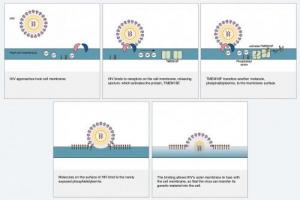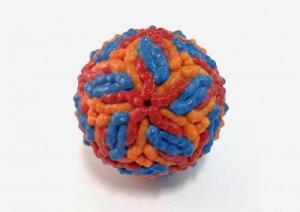2.1 billion people lack safe drinking water at home, more than twice as many lack safe sanitation
Some 3 in 10 people worldwide, or 2.1 billion, lack access to safe, readily available water at home, and 6 in 10, or 4.5 billion, lack safely managed sanitation, according to a new report by WHO and UNICEF.
Children’s visual engagement is heritable and altered in autism
How children visually engage with others in social situations is a heritable behavior that is altered in children with autism, according to a study. Autism spectrum disorder affects how a person acts, communicates and learns. In the United States,...
Scientists replay movie encoded in DNA
For the first time, a primitive movie has been encoded in — and then played back from — DNA in living cells. Scientists funded by the National Institutes of Health say it is a major step toward a “molecular recorder” that may someday make it possible...
HIV hijacks surface molecule to invade cell
Carcinogens or mutagens at work: Council sets new exposure limits
On 11 July 2017, the Council's Permanent Representatives Committee approved the provisional agreement reached with the European Parliament on 28 June on the directive protecting workers from exposure to carcinogens or mutagens in the workplace.
Eye microbiome trains immune cells to fend off pathogens in mice
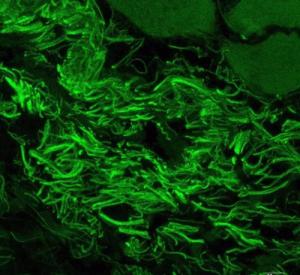
C. mast is a commensal bacterium living on the surface of the eye.
UK to save a woman’s life every 90 minutes by increasing family planning support
The UK will save the life of one woman every 90 minutes through its global leadership in supporting modern, voluntary family planning, International Development Secretary Priti Patel will announce today (Tuesday, 11 July) at a major international...
Malaria drug protects fetal mice from Zika virus, NIH-funded study finds
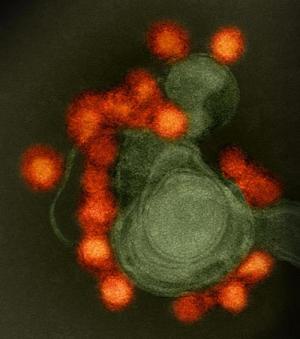
Transmission electron microscope image of negative-stained, Fortaleza-strain Zika virus (red), isolated from a...
NIH-funded team uses smartphone data in global study of physical activity
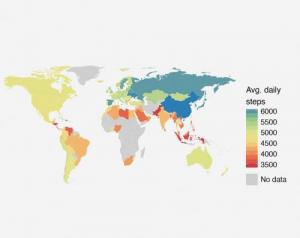
The map show the most and least active countries
NIH launches prospective study of Zika and HIV co-infection during pregnancy




